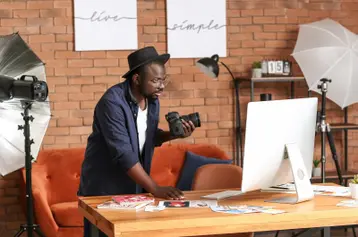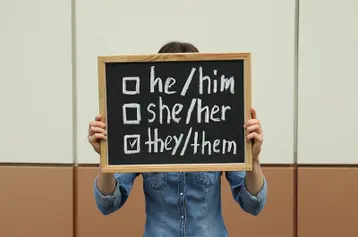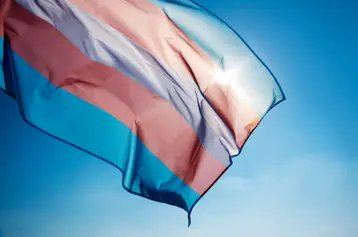Recently Posted

Black History Month: The Art of American History
Each year, Black History Month expands our views of tradition and enables us to continue striving to be part of a history that remains largely untouched. As entrepreneurs, you have the power to help preserve Black History and minimize the disparities that exists in the historical representations of people of color and the arts.
February 12, 2024

Supporting Employees with Disabilities: What You Need to Know
October is National Disability Employment Awareness Month (NDEAM) which celebrates the impactful contributions from persons with disabilities to our country, the economy, and the workplace. Learn more about how to promote equal opportunity and an equitable workplace for all people.
October 30, 2023

Why Pronouns Matter When Building an Equitable Culture
In order to build an equitable culture, it is important to meet the needs of your diverse workforce. It starts with understanding the unique needs of your employees and addressing them with careful consideration. Part of meeting an individual’s unique needs is using the correct pronoun to address them.
October 18, 2023

Nursing on the Move: How to Support Employees During Business Travel
Taking care of your employees throughout their journey from pregnancy through parental leave and then as working parents can go a long way toward enhancing workplace morale and employee retention.
August 24, 2023
EGUIDE
A Startup’s HR Survival Guide
EGUIDE
Six Ways to Attract Top Talent









